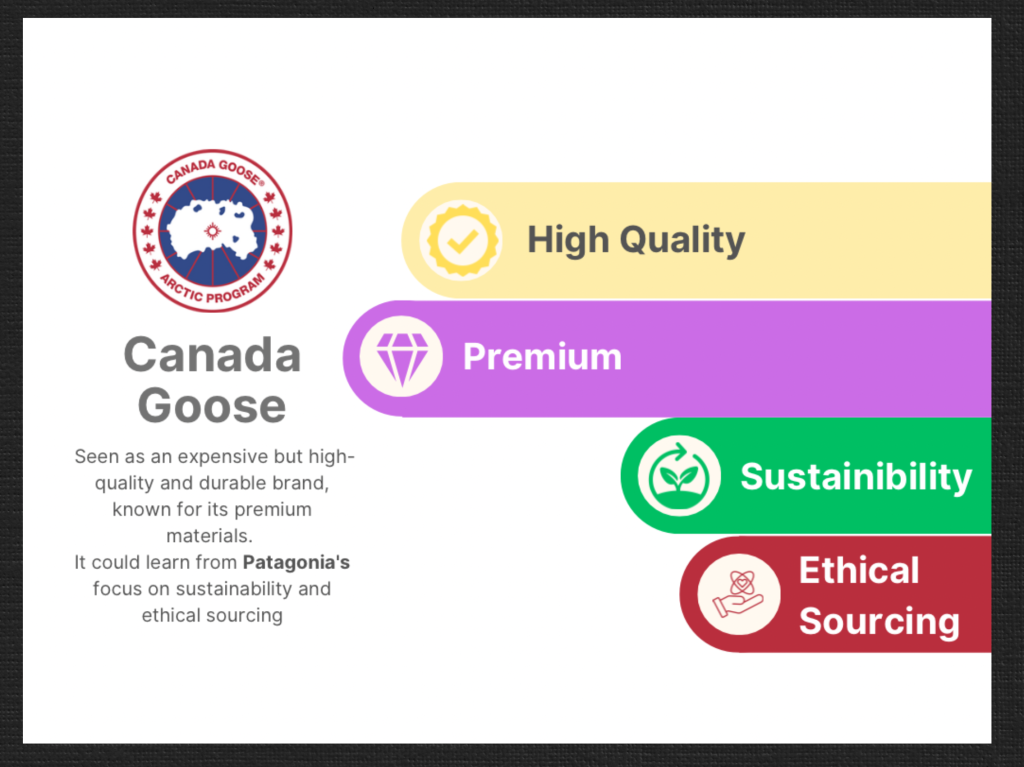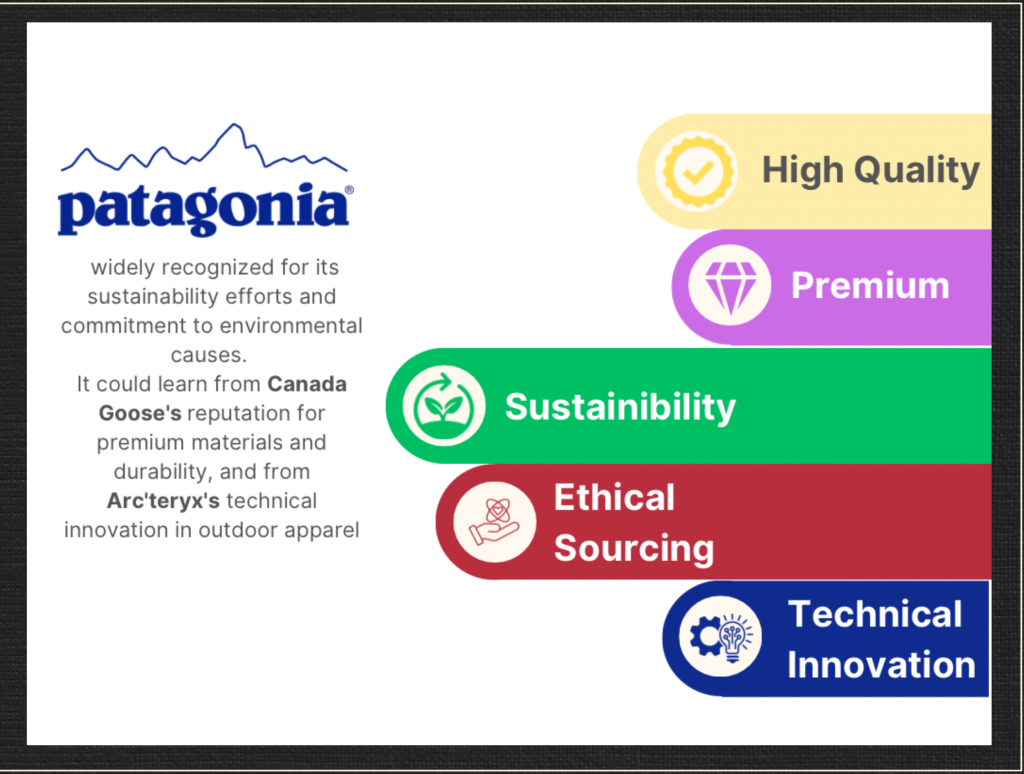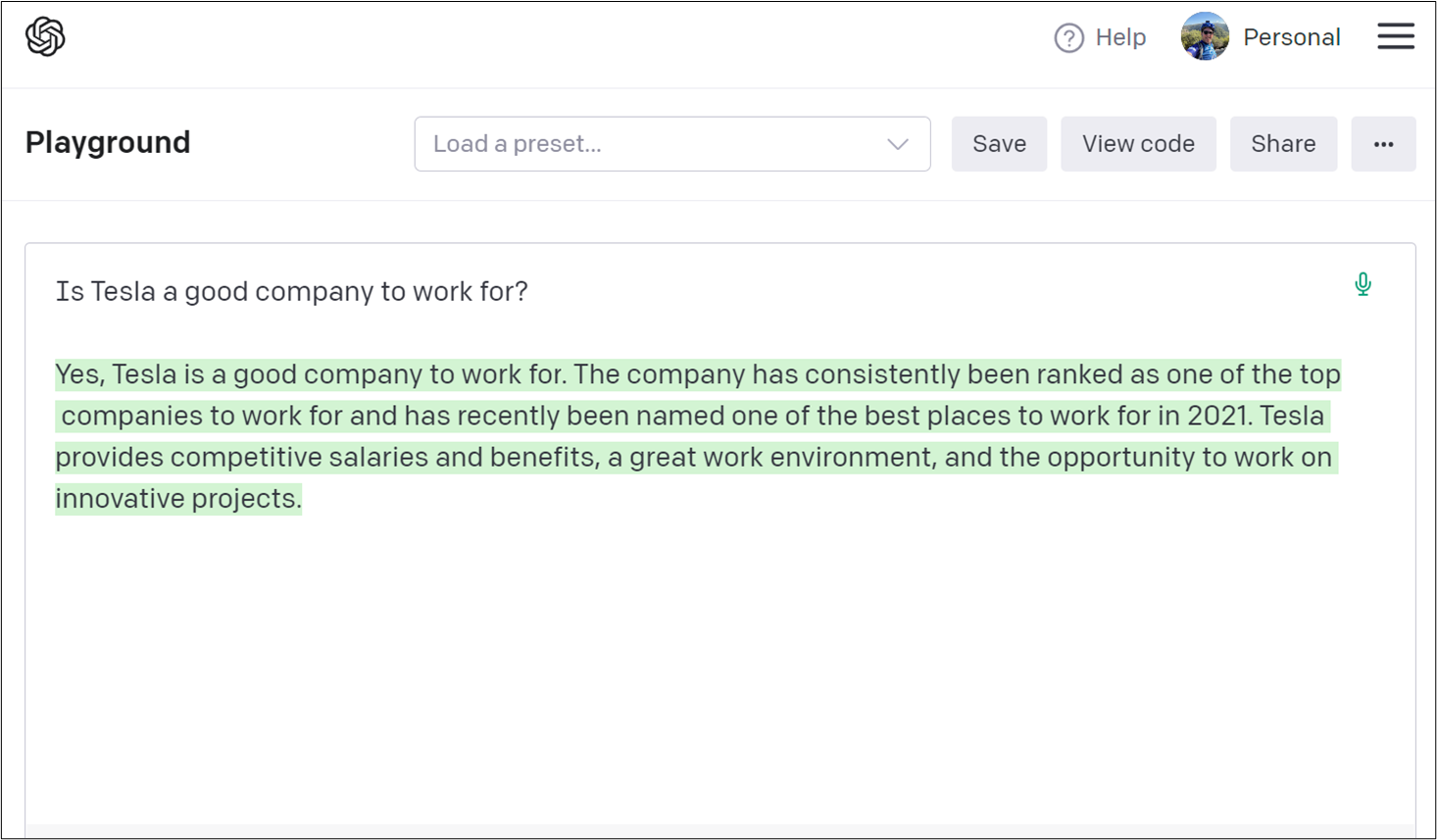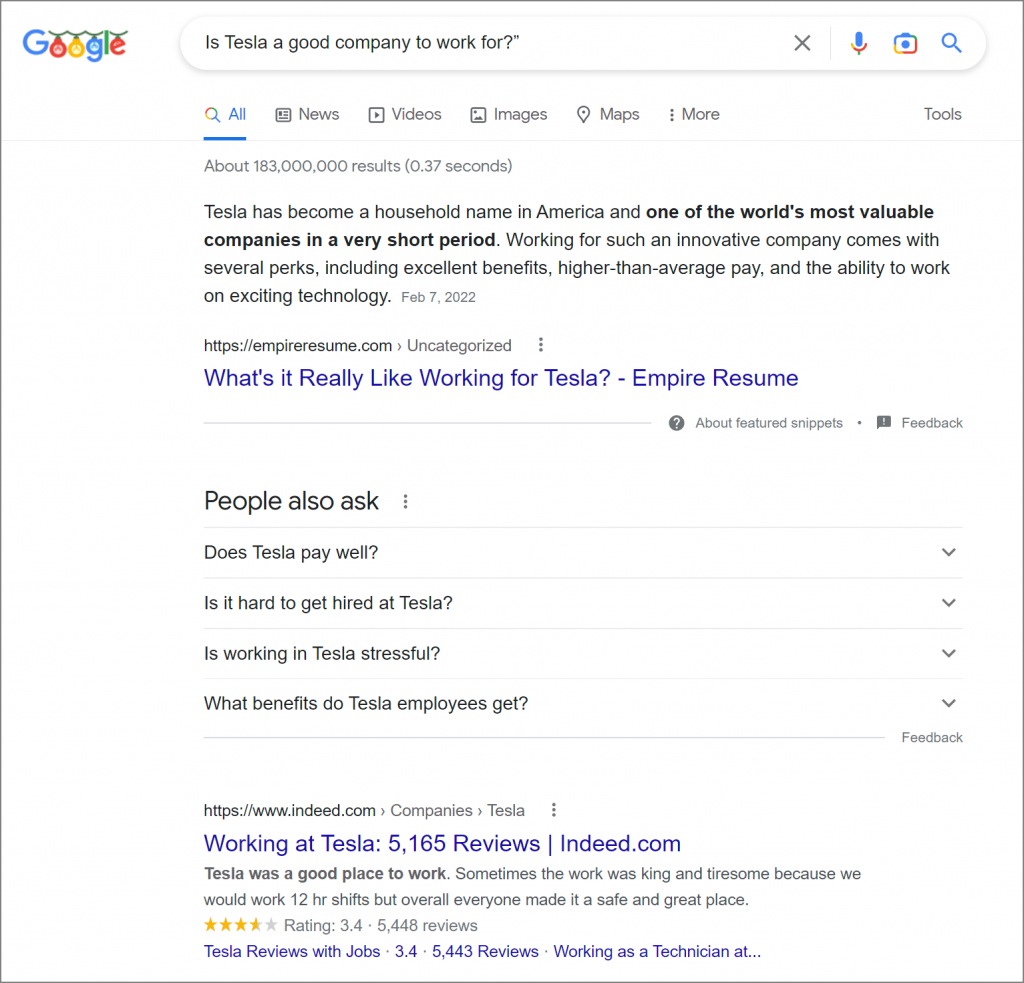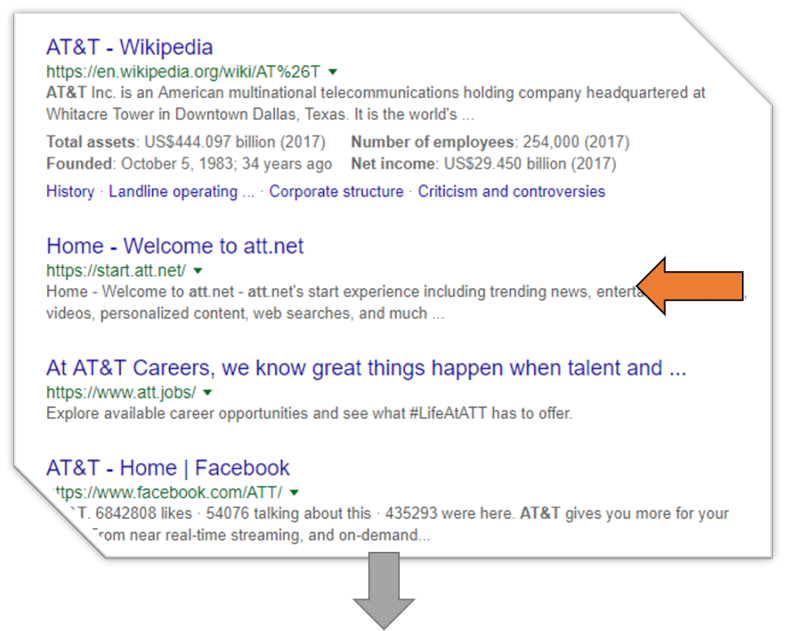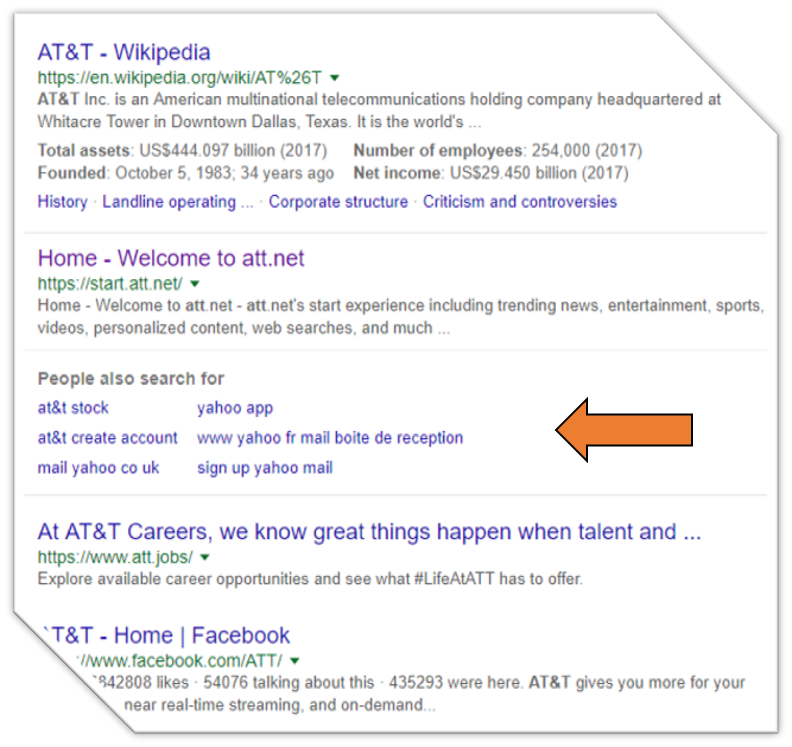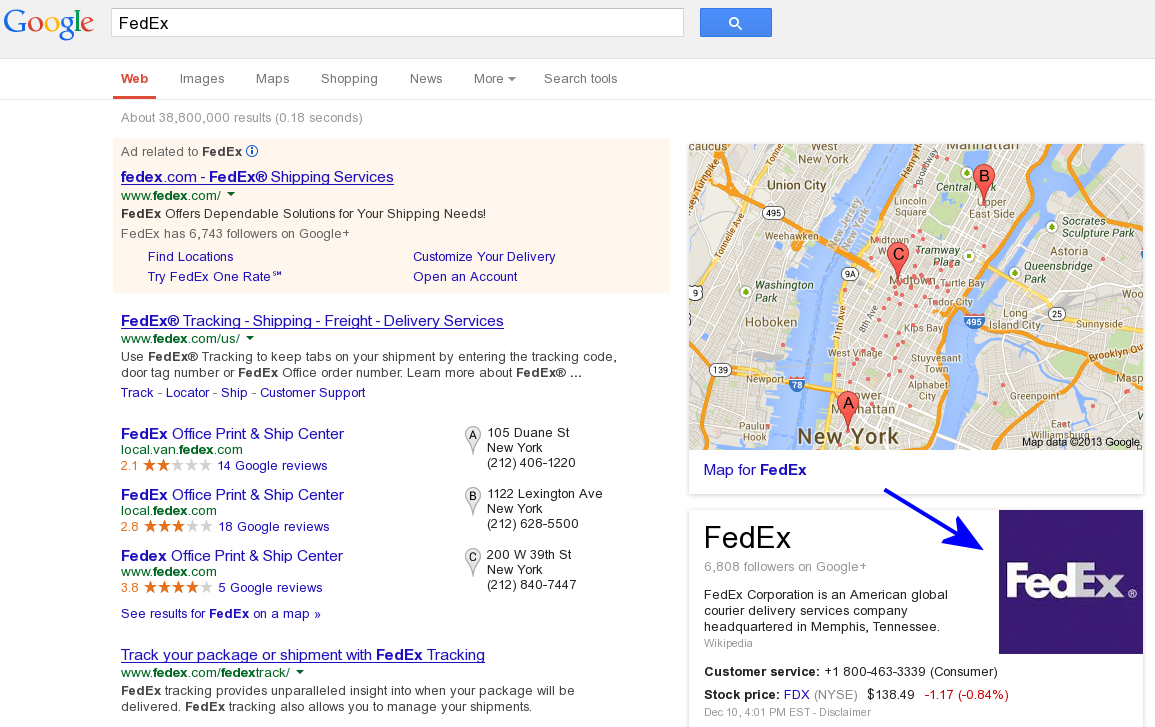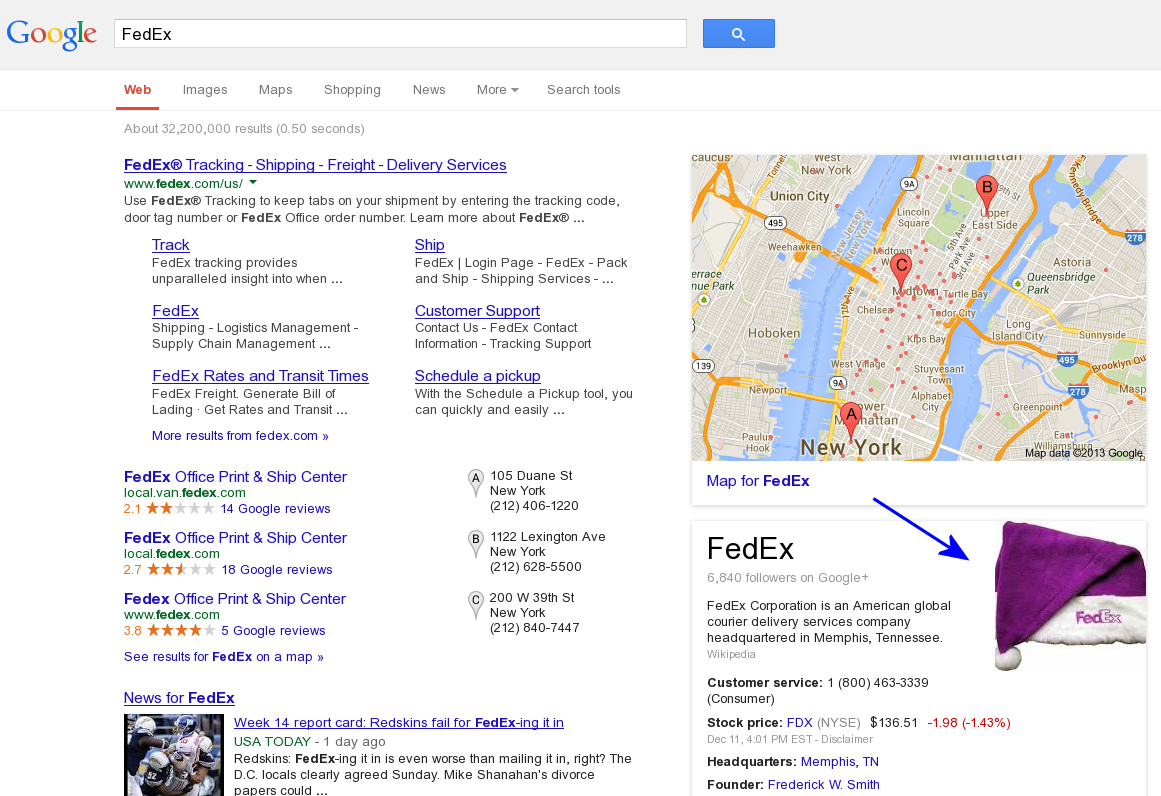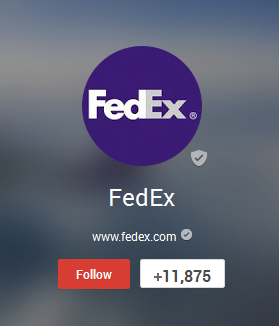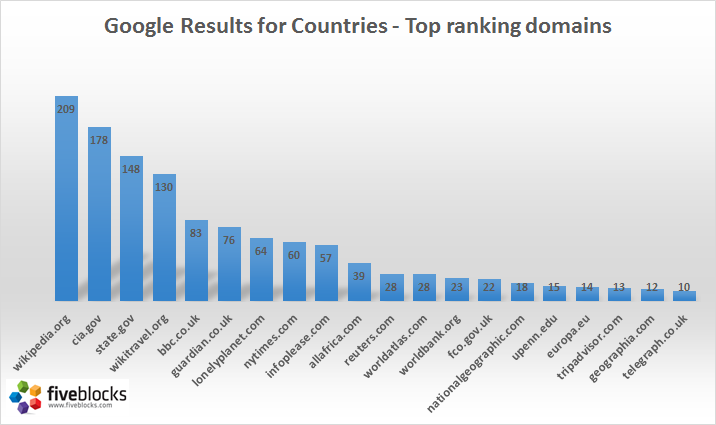Can Your Company Edit Its Own Wikipedia Page? A Complete Guide for 2025
Updated July 2025
If you’ve ever wondered whether your company can edit its own Wikipedia page, you’re not alone. This is one of the most frequently asked questions we receive from business leaders, and the answer isn’t as straightforward as you might expect.
The short answer? Yes, but there’s a right way and a wrong way to do it.
Get it wrong, and you could face penalties, page deletions, or permanent bans.
Get it right, and you can ensure accurate, fair representation of your brand on one of the world’s most influential platforms.
Why Wikipedia Matters for Your Business
Wikipedia isn’t just another website—it’s the world’s largest encyclopedia and often the first result people see when searching for your company.
With over 60 billion page views annually, Wikipedia significantly influences public perception of your brand.
Here’s what makes Wikipedia powerful:
- Wikipedia is a favored source of AI models like ChatGPT, Perplexity, Claude, Copilot, Gemini, and others
- Google frequently displays Wikipedia results in knowledge panels
- Journalists and researchers rely on Wikipedia for background information
- Potential customers, investors, and partners often check Wikipedia pages before making decisions
- Wikipedia content appears in voice search results from Alexa, Siri, and Google Assistant
Understanding Wikipedia’s Conflict of Interest Rules
Wikipedia operates on a simple principle: content should be neutral, verifiable, and free from bias. |
This creates a natural tension when companies want to edit their own pages.
Wikipedia’s official stance is clear:
“You are discouraged from writing articles about yourself or organizations (including their campaigns, clients, products and services) in which you hold a vested interest.”
This doesn’t mean you’re powerless—it means you need to follow the right approach.
The Dangerous Pitfalls of Secret Editing
Before we dive into the proper methods, let’s address why stealth editing is a terrible idea:
What Happens When You Edit Secretly
- Your IP address is tracked: Wikipedia logs every edit, making anonymous company edits easy to detect
- Community backlash: Wikipedia editors actively monitor changes and will quickly revert suspicious edits
- Potential penalties: Undisclosed editing can result in page protection, user bans, or article deletion
- Reputation damage: Getting caught editing your own page can create negative press coverage
Real-World Consequences
Companies that have been caught editing their own pages have faced:
- Negative media coverage highlighting the deceptive practice
- Stricter oversight from Wikipedia editors
- Difficulty making legitimate future corrections
- Loss of credibility within the Wikipedia community
Schedule Your Free Consultation →
The Right Way: Disclosed Conflict of Interest (COI) Editing
The Wikipedia community has developed a transparent approach called “disclosed COI editing”—and it’s become the gold standard for companies seeking Wikipedia improvements.
In disclosed editing you create an account, declare your conflict of interest, make recommendation about changes, and work with the community to get a better page.
The idea is straightforward, but the implementation requires knowledge and experience. (That’s why people hire us!)
Why This Approach Works
- Builds trust: Transparency creates goodwill with the Wikipedia community
- Ensures compliance: You’re following Wikipedia’s guidelines to the letter
- Achieves better results: Collaborative editing typically produces more stable, long-term improvements
- Allows for advocacy: You can make stronger cases for changes when your relationship is disclosed
Essential Requirements for Wikipedia Success
Notability Standards
Your company must meet Wikipedia’s notability requirements:
- Significant coverage in reliable, independent sources
- Multiple sources spanning different time periods
- Substantial content beyond routine business coverage
- Independent verification of claims and achievements
Source Quality Matters
Wikipedia editors are extremely selective about sources:
Acceptable sources include:
- Major newspapers and magazines
- Industry publications
- Academic journals
- Government documents
- Reputable news websites
Unacceptable sources include:
- Your company’s own website or blog
- Press releases
- Social media posts
- User-generated content
- Promotional materials
Writing Style Requirements
Wikipedia has specific formatting and tone requirements:
- Neutral point of view: Avoid promotional language
- Encyclopedic tone: Write objectively, not persuasively
- Proper citations: Every claim needs a reliable source
- Balanced coverage: Include both positive and negative aspects
Schedule Your Free Consultation →
Common Wikipedia Editing Scenarios
Correcting Factual Errors
The situation: Your company’s Wikipedia page contains incorrect information about founding dates, leadership, or business details.
The solution: Document the correct information with reliable sources and propose changes on the talk page, clearly stating your affiliation.
Updating Outdated Information
The situation: Your page hasn’t been updated in years and misses recent developments, acquisitions, or leadership changes.
The solution: Gather current sources and suggest comprehensive updates while maintaining neutral tone.
Removing Biased Content
The situation: The page contains unfairly negative or one-sided information that doesn’t reflect reliable sources.
The solution: Provide balanced sources and suggest more neutral language that accurately represents the available information.
Adding Missing Information
The situation: Significant aspects of your company’s history or operations are missing from the page.
The solution: Identify reliable sources covering these topics and propose additions that enhance the page’s comprehensiveness.
Creating a New Wikipedia Page
If your company doesn’t have a Wikipedia page yet, the process is more complex:
Prerequisites for New Pages
- Extensive independent coverage in reliable sources
- Multiple years of operation with sustained media attention
- Significant industry impact or public recognition
- Neutral, encyclopedic content ready for submission
The Creation Process
- Research existing coverage to ensure notability
- Gather comprehensive sources from multiple reliable outlets
- Draft content following Wikipedia’s style guidelines
- Submit through proper channels (Articles for Creation process)
- Respond to editor feedback and revisions
Professional Wikipedia Services: When to Consider Expert Help
While the disclosed COI approach is accessible to companies, Wikipedia’s complexity often requires professional expertise.
What Professional Services Provide
Notability Assessment
- Comprehensive source analysis
- Realistic evaluation of Wikipedia acceptance chances
- Strategic timing recommendations
Content Development
- Professional writing in Wikipedia style
- Proper source integration and citation
- Neutral point of view compliance
Community Engagement
- Experienced interaction with Wikipedia editors
- Effective talk page communication
- Conflict resolution and negotiation
Ongoing Management
- Vandalism monitoring and response
- Regular content updates and maintenance
- Crisis management during negative events
When to Hire Professionals
Consider expert help if:
- Your company faces complex notability questions
- Previous DIY attempts have failed
- You need rapid response to negative coverage
- Multiple language versions require attention
- Your industry has specialized Wikipedia considerations
Schedule Your Free Consultation →
Wikipedia Editing Timeline and Expectations
Realistic Timeframes
New page creation: typically 3-4 months
- Research and drafting: 4-6 weeks
- Submission and review: 2-8 weeks
- Revisions and approval: 2-12 weeks
Existing page improvements: typically 3 months
- Source gathering: 1-2 weeks
- Proposal development: 1-2 weeks
- Community discussion: 2-8 weeks
Managing Expectations
- Not every suggestion will be accepted: Wikipedia editors maintain high standards
- Changes may be modified: Your proposed edits might be adjusted during implementation
- Ongoing maintenance required: Wikipedia pages need regular attention and updates
- Patience is essential: Rushing the process often backfires
Avoiding Common Wikipedia Mistakes
Content Mistakes
- Promotional language: Avoid marketing speak and superlatives
- Unverifiable claims: Every statement needs a reliable source
- Excessive detail: Wikipedia isn’t a company brochure
- Recent bias: Don’t overemphasize recent events
Process Mistakes
- Skipping COI disclosure: Always declare your connection
- Ignoring talk page discussions: Engage respectfully with editor feedback
- Making rapid successive edits: This triggers spam detection
- Arguing with editors: Collaborative discussion works better than confrontation
Schedule Your Free Consultation →
Advanced Wikipedia Strategies
Building Editor Relationships
Successful Wikipedia engagement often involves:
- Consistent, professional communication on talk pages
- Respect for editorial decisions and Wikipedia principles
- Collaborative problem-solving approach to content disputes
- Long-term thinking about page development
Multi-Language Considerations
For global companies, Wikipedia presence across languages matters:
- Different notability standards may apply
- Varying editorial communities have different practices
- Cultural context affects content presentation
- Local sources may be required for some languages
Measuring Wikipedia Success
Key Performance Indicators
Quantitative metrics:
- Page views and traffic trends
- Search result positioning
- Knowledge panel appearances
- Citation frequency by other sources
Qualitative measures:
- Content accuracy and completeness
- Neutral point of view compliance
- Editor community relationship quality
- Crisis response effectiveness
The Future of Wikipedia Editing
Emerging Trends
- AI-assisted editing tools becoming more sophisticated
- Increased scrutiny of corporate editing practices
- Enhanced vandalism detection systems
- Greater emphasis on original research and primary sources
Preparing for Changes
- Stay informed about Wikipedia policy updates
- Maintain flexible editing strategies
- Build strong source libraries
- Develop contingency plans for policy changes
Ready to Improve Your Wikipedia Presence?
Wikipedia editing requires patience, transparency, and deep understanding of the platform’s unique culture. Whether you choose to manage this internally or work with professionals, success depends on respecting Wikipedia’s principles while effectively advocating for accurate representation.
Our comprehensive Wikipedia services include:
- Complete notability analysis and strategic assessment
- Professional content development and source verification
- Expert community engagement and talk page management
- Ongoing monitoring and maintenance programs
- Crisis response and reputation management
- Multi-language page development and coordination
The investment in proper Wikipedia management pays dividends through improved search visibility, enhanced credibility, and better control over your online narrative.
Get Your Free Wikipedia Consultation
Ready to take control of your company’s Wikipedia presence? We offer complimentary consultations to assess your specific situation and recommend the best approach for your goals.
Schedule Your Free Consultation →
Frequently Asked Questions
Can I edit my company’s Wikipedia page directly?
While technically possible, direct editing is strongly discouraged. The disclosed COI approach—suggesting changes on talk pages—is the recommended method that builds trust with the Wikipedia community and achieves better long-term results.
How long does it take to create a new Wikipedia page?
Creating a new page typically takes 3-6 months, including research, drafting, submission, and review processes. The timeline depends on your company’s notability, source availability, and editorial feedback.
What makes a company notable enough for Wikipedia?
Wikipedia requires “significant coverage” in reliable, independent sources. This means multiple substantial articles in reputable publications, not just brief mentions or press release coverage.
How much does professional Wikipedia editing cost?
Costs vary widely based on project scope, from basic consultations to comprehensive page creation and ongoing management. Professional services typically range from $2,500 for simple projects to $25,000+ for complex, multi-language campaigns.
Can Wikipedia pages be deleted?
Yes, Wikipedia pages can be deleted if they don’t meet notability standards, violate policies, or lack sufficient reliable sources. This is why professional assessment and proper preparation are crucial.
How do I monitor my company’s Wikipedia page?
You can set up Wikipedia watchlists, use third-party monitoring tools, or work with professionals who provide ongoing surveillance and rapid response to changes or vandalism.
What happens if someone vandalizes our Wikipedia page?
Wikipedia has systems for reporting and reversing vandalism quickly. Regular monitoring allows for rapid response, and repeat vandalism can result in page protection or user bans.
Are there Wikipedia alternatives for companies?
While other platforms exist, Wikipedia’s authority and search prominence make it uniquely important. Focus on Wikipedia first, then consider complementary strategies for other knowledge platforms.
Can you edit your or your company’s Wikipedia page?
LAST UPDATED – September 2024
Wikipedia Editing for Companies: Best Practices and Considerations
One of the most common questions we get regarding Wikipedia is whether a company can edit its own page.
The short answer is – it’s complicated, and there are important guidelines to follow.
Wikipedia’s Stance on COI – Conflict of Interest
Wikipedia’s purpose is to provide an encyclopedia of impartial knowledge. Content that is promotional, self-serving, or biased will often get flagged or removed by other editors.
Wikipedia’s official policy states:
“You are discouraged from writing articles about yourself or organizations (including their campaigns, clients, products and services) in which you hold a vested interest.”
In essence, editing the Wikipedia page about your own company is discouraged, as Wikipedia aims to ensure its content remains unbiased.
The Risks of Undisclosed Editing
It’s crucial to understand that:
- Wikipedia editors frown upon and may penalize pages that appear to have been edited by the company without transparency.
- Your IP address is recorded and visible to others. Never attempt to edit anonymously using a company-owned IP address.
- The Wikipedia editor community actively tracks changes. Your edits can trigger alerts for engaged editors, who may swiftly revert or challenge your modifications.
Free Consultation regarding your brand’s Wikipedia challenge: Contact Us
The Gold Standard: Disclosed Conflict of Interest (COI) Editing
Over the past few years, a new approach to Wikipedia editing has emerged, known as “disclosed conflict of interest” editing. This method is now considered the best practice for companies seeking to improve their Wikipedia presence. Here’s how it works:
- The company or individual creates a Wikipedia user account.
- They disclose their connection to the subject of the article on their user page or the article’s talk page.
- Instead of directly editing the article, they suggest changes on the talk page, providing reliable sources to support their proposals.
- Independent Wikipedia editors review these suggestions and implement them if they meet Wikipedia’s guidelines.
This approach aligns with Wikipedia’s values of transparency and allows companies to advocate for fair representation while respecting the platform’s rules.
Why Choose Disclosed COI Editing?
- It’s compliant with Wikipedia guidelines, avoiding the risks associated with undisclosed editing.
- It allows for more aggressive advocacy on behalf of your brand, as you’ve already informed the community of your connection.
- It typically leads to better long-term outcomes and a more stable Wikipedia presence.
How We Can Help
At Five Blocks, we specialize in navigating Wikipedia’s complex landscape for our clients. Our services include:
- Notability Analysis: Determining whether an entity has the required coverage for Wikipedia editors to accept and publish a new article.
- Current Page Analysis: Reviewing challenges and opportunities with existing content and sources.
- Content Planning and Drafting: Preparing content and sourcing for potential Wikipedia inclusion.
- Community Engagement: Working with the Wikipedia editor community to review and submit proposed changes via the appropriate talk pages.
- Vandalism Monitoring: Utilizing tools to monitor Wiki pages so that swift action can be taken when needed.
- Foreign Language Pages: Assisting in creating Wikipedia pages in other languages, following the specific guidelines for each.
Free Consultation regarding your brand’s Wikipedia challenge: Contact Us
Important Considerations
- Wikipedia’s editing guidelines are far more intricate than they may appear. The sources, writing style, and editor interaction require significant experience to manage effectively.
- Timing is crucial. Introducing a Wikipedia page in advance of a potential crisis may be beneficial, while doing so during a crisis could backfire.
- Building a positive Wikipedia presence takes time and patience. It’s a long-term strategy that requires consistent effort and adherence to Wikipedia’s principles.
Ready to Improve Your Wikipedia Presence?
If you’re looking to create or improve your company’s Wikipedia page, we offer free consultations to discuss your options and determine the best approach for your specific situation. Our team of experts can guide you through the process of disclosed COI editing, ensuring compliance with Wikipedia’s guidelines while working towards your goals.
Free Consultation regarding your brand’s Wikipedia challenge: Contact Us
Still have questions? See our FAQ
How do I edit an error on my company’s Wikipedia page?
While anyone can edit Wikipedia, it’s best to use the disclosed COI approach.
Best is to work with an experienced firm to suggest changes on the article’s talk page, providing reliable sources to support your corrections.
How do you create a Wikipedia page?
Wikipedia has strict standards for notability, citations, and conflict of interest. We recommend consulting with professionals to navigate these requirements and increase the chances of your page being accepted and maintained.
Can you edit your own Wikipedia page?
Direct editing is discouraged. Instead, work with an experienced team to ensure you are utilizing the disclosed COI method to suggest changes on the talk page and let independent editors implement them.
Who can edit a Wikipedia page?
Anyone can edit most Wikipedia pages, but it’s important to follow the platform’s guidelines, especially regarding conflict of interest.
Can I see who edited a Wikipedia page?
Yes, go to the ‘View History’ tab at the top right of the Wikipedia page. The username of the editor appears next to each change, along with the date.
Remember, working with Wikipedia requires patience, transparency, and adherence to the platform’s principles. By following these guidelines and best practices, you can work towards achieving a fair and accurate representation of your company on one of the world’s most visited websites.
Free Consultation regarding your brand’s Wikipedia challenge: Contact Us
The Evolution of Search, PR, and Reputation Management
A short history, with some thoughts on the future
TLDR: The changing Search landscape – from simply compiling results to attempting to give searchers the essence of a brand – requires those managing reputations to keep up with emerging tech to best serve their clients. AI is the latest destination in this journey.
In recent years, the field of Public Relations has undergone a significant transformation, evolving so that it now emphasizes building reputation as an overarching goal. PR stresses reputation because it goes beyond what a brand sells or how they came to be, it’s who the brand is. The same is true for individuals. While people often want to be known for their accomplishments and thought leadership – the ultimate goal is the desired reputation – who they are.
The Changing Nature of Reputation
Before mass media, reputation was primarily shaped by word-of-mouth and direct experiences. However, as the world became more interconnected and complex, we found ourselves interested in companies, brands, and people that we couldn’t personally interact with or judge for ourselves. This change led to the development of new, more sophisticated ways to assess reputation.
For decades, traditional media played a crucial role in shaping public opinion about brands and individuals. This meant that companies could influence their reputation by smartly influencing or buying media coverage – a practice that continues to this day, albeit in different forms.
The Internet Revolution
The advent of the internet brought about a seismic shift in how reputations are formed and managed. It created a vast array of potential sources for people to draw upon when seeking to understand what a brand or individual is really about. This digital landscape meant that many different actors could impact reputation. It also offered brands and individuals many opportunities to influence what people read and think about them.
The Role of Search Engines
Search engines immediately played a pivotal role in this new digital reputation ecosystem. Early search engines like Yahoo were primarily focused on directing users to specific websites. Over time, especially as Google came on the scene, they evolved to help users find specific pieces of information or answers to queries.
For the past 20 years, search engines have generally been keyword-based rather than intent-based, meaning they don’t understand complex queries. They provide a set of potentially interesting results based on the keywords entered. For instance, if you type “McDonald’s,” the search engine can’t reliably know whether you want company information, financial data, or directions to the nearest restaurant.
In recent years, search engines have become increasingly sophisticated. They’ve gotten better at understanding user intent and providing more relevant results. They can see the device you are using, your location, your search history, etc. They can now also better satisfy more searchers by offering a variety of potentially relevant pages, sites, and other content, and then allow you to choose your own path. For a brand search, you’ll typically see the corporate website at the top, followed by sources like Wikipedia, financial information, social media profiles, news articles, and job listings. For individuals, you might see more pictures, information about family, and often details about their financial situation.(This is much easier to see using our proprietary IMPACT tracking and analysis platform.)
Key developments in search evolution:
- Traditional Search Engines (1990s): Keyword-based, limited understanding of context.
- Google Dominance (2000s): Advanced algorithms, PageRank, more relevant results.
- Semantic Search (2010s): Better understanding of user intent and context.
- AI-powered Search (2020s): Conversational, context-aware, synthesizing information from multiple sources.
Search engines are constantly self-optimizing to satisfy the maximum number of users. If people stop clicking on Bloomberg profiles, Google won’t prioritize them as prominently for companies and executives. As new platforms like TikTok gain popularity, search algorithms quickly find ways to integrate their content into search results.
Google: The Accidental Reputation Snapshot Machine
In this effort to provide a variety of sources to satisfy searchers, Google has inadvertently created a powerful tool for assessing digital reputation. Understanding an entity’s reputation requires bringing together various perspectives – what the entity says about itself, what the media reports, what experts think, what peers say, what consumers experience, and what the general public believes. These are largely the same inputs that Google uses to populate its search results.
As a result, Google search results have become perhaps the most efficient way to get a representative snapshot of an entity’s reputation. They provide facts about what an entity has done and is doing now, as well as what various stakeholders think and say about it.
The Wikipedia Factor
Alongside search engines, Wikipedia has emerged as a significant source of reputation information. Wikipedia aims to include topics of consequence in their live, crowd-sourced encyclopedia, with facts determined and agreed upon by a community of editors following a set of guidelines. Earned media from reliable sources tends to be the most accepted sources for populating information on Wikipedia.
The influence of Wikipedia extends beyond its own platform. Search engines like Google and Bing rely heavily on Wikipedia to determine notability of an entity. In essence, having a Wikipedia page has become a marker of notability. Wikipedia often features prominently in Google and Bing search results, including in knowledge panels for branded searches.
Tracking Wikipedia edits (and suspected vandalism) became essential to managing a brand, which was why we developed WikiAlerts.
The Imperative of Digital Reputation Management
If a desirable reputation is an important goal, it is crucial for brands to monitor their various online platforms, work to optimize different types of sites and content, and proactively build a more ideal online presence. Companies invest in their digital reputation to accomplish specific goals – increase sales, attract desirable staff, impress partners, influence the media – and sometimes to satisfy ego needs.
Improving a non-ideal reputation can involve crowding out unfavorable content or focusing on ideal content that directly or indirectly answers the types of questions people want to know. Monitoring Google and other key platforms like Wikipedia is essential, as it allows entities to see what stakeholders are seeing and helps map out areas for improvement.
Strategies for Reputation Improvement
Clients most often become concerned with their search presence when there is content that they don’t want to see. Their focus is therefore primarily on what they want to remove. Improvement to digital reputation can come in several ways:
- Getting a page or site removed
- Getting a piece of content changed or updated
- Demoting unwanted content
- Generating and promoting new desirable content
Determining the best approach requires expertise and experience. Many service providers develop and use a single set of tactics applied across all clients, often relying on specific tricks or optimizations they’ve developed. These companies are often focused primarily on demoting unfavorable content rather than building an ideal online presence.
The Five Blocks Approach
Our company, Five Blocks, uses a different approach to both meet the client’s short-term need to address negatives or solve specific issues, while also working to enhance the entity’s digital reputation for the long term. Our focus is on building the ideal online presence that covers who a brand is or aspires to be, based on a variety of perspectives. This strategy follows the logic that Search has become not simply a collection of random results, but a way to see your company or executives holistically. Using proprietary technology, the company performs peer analyses to surface opportunities – types of content or pages that appear prominently for peers and may therefore also suggest opportunities for the client.
Our data-centric approach, facilitated by our technology, means we track and analyze how entities are represented in various languages and locations, as well as the differences that we see depending on the keyword searched.
The AI Revolution
The emergence of AI models like ChatGPT, Copilot, Gemini, and others has ushered in a new era in reputation management. These AI models can do things that Google alone cannot:
- Understand more complex or nuanced queries
- Read the content of web pages and extract answers directly
- Synthesize information gleaned from various sources
- Formulate responses that directly address the query
- Provide results in specific requested formats
In an AI-powered world, we expect people to ask more complex questions to get directly to their desired outcomes. Of course, AIs will need to evolve to provide trusted (verified) answers, and we are already seeing this begin to happen. While Google-type searching is likely to persist alongside smarter AI-powered searches, brands and executives will soon find that their reputation lives both in Google and in the “brains” of a small number of very influential AIs.
The Power and Peril of AI Perceptions
What each of these AIs thinks about your brand can be critical. For example, when queried with a specific question about the two candidates for U.S. president, while many AIs declined to answer, Gemini consistently reported that one candidate was not a good man, while the other was. As AIs gain more influence, their perceptions about a brand or executive may become the most influential voice impacting decisions on topics ranging from how good a singer someone is, to who should be the president.
This is just one small example of how the pervasive use and de facto acceptance of AI will come with potentially far-reaching consequences. Changing the system will be very difficult – early attempts to slow down the development of smarter generative AI models do not seem to have been effective.
Shaping AI Perceptions
Currently the best option is to help shape what the AI models are saying about you, your brand, or the topics that are important to you. To do this, you first need to know what they are currently saying. This includes understanding the facts the AI models present, the topics they mention related to your entity, and the sources they return in support of their answers. You’ll also want to track unfavorable content that is being returned.
It will be important to see how each of these is changing over time – are they the same as before, getting better, or getting worse? It will be instructive to compare with peers – do they get the same treatment? Perhaps the AIs are not aware of some of your content or facts, or maybe they are outdated or have confused the entity with another similarly named one.
Years ago Five Blocks developed our IMPACT tracking and analysis platform, focused on Google searches. Since then we have been adapting our own capabilities to better serve clients, and will soon be launching a new platform, AIQ to address the new challenges AI Search presents.
AIQ provides a useful snapshot of how your brand is being seen by AIs. It also shows you trends – the topics and sources gaining prominent, versus those that are waning.
PR firms and their clients can use this information to chart a course that will help shape AI’s understanding of the entity, giving clients more control over how they are perceived.
Where we go from here
As the world of search continues to evolve with the rise of AI, it is advisable for brands and individuals to stay ahead of the curve. By understanding how they’re perceived not just in traditional search engines like Google, but also by AI models, clients can take proactive steps to shape their digital reputation and maintain control over their narrative in this new frontier of information.
Unlocking Stakeholder Perception of your Brand Using Google Search Data and AI
Communications and PR professionals often rely on social media and earned media to gauge public perception of their brands or those of their clients. However, there’s a wealth of information hiding in plain sight that can provide even deeper insights into what people really think about your brand and your competitors: Google search results data.
By analyzing the search results for your brand and your competitors, you can uncover patterns of thought, and identify the questions and concerns that your stakeholders have. This is because Google’s algorithm depends on satisfying as many of the searchers as possible. This means that Google is already working to understand what people think and what they want to know. Tapping into this information can be invaluable in making decisions that shape your online presence and addressing potential challenges head-on.
One of the most prominent examples of AI in action on Google’s search results page is the People Also Ask feature. This section typically includes four questions and answers that Google deems most relevant to the search query. By examining these questions across multiple brands in your industry, you can gain a general understanding of what people are thinking and what they want to know about your brand and your competitors.
To demonstrate the power of this approach, we used Five Blocks IMPACT™, our tracking and analytics platform, to analyze the search results for several outdoor sportswear brands like North Face, Columbia, and Patagonia on March 31st in North America. We then used an AI to identify patterns in the People Also Ask sections and summarize how each brand is perceived, as well as any obvious challenges and potential lessons from their peers.
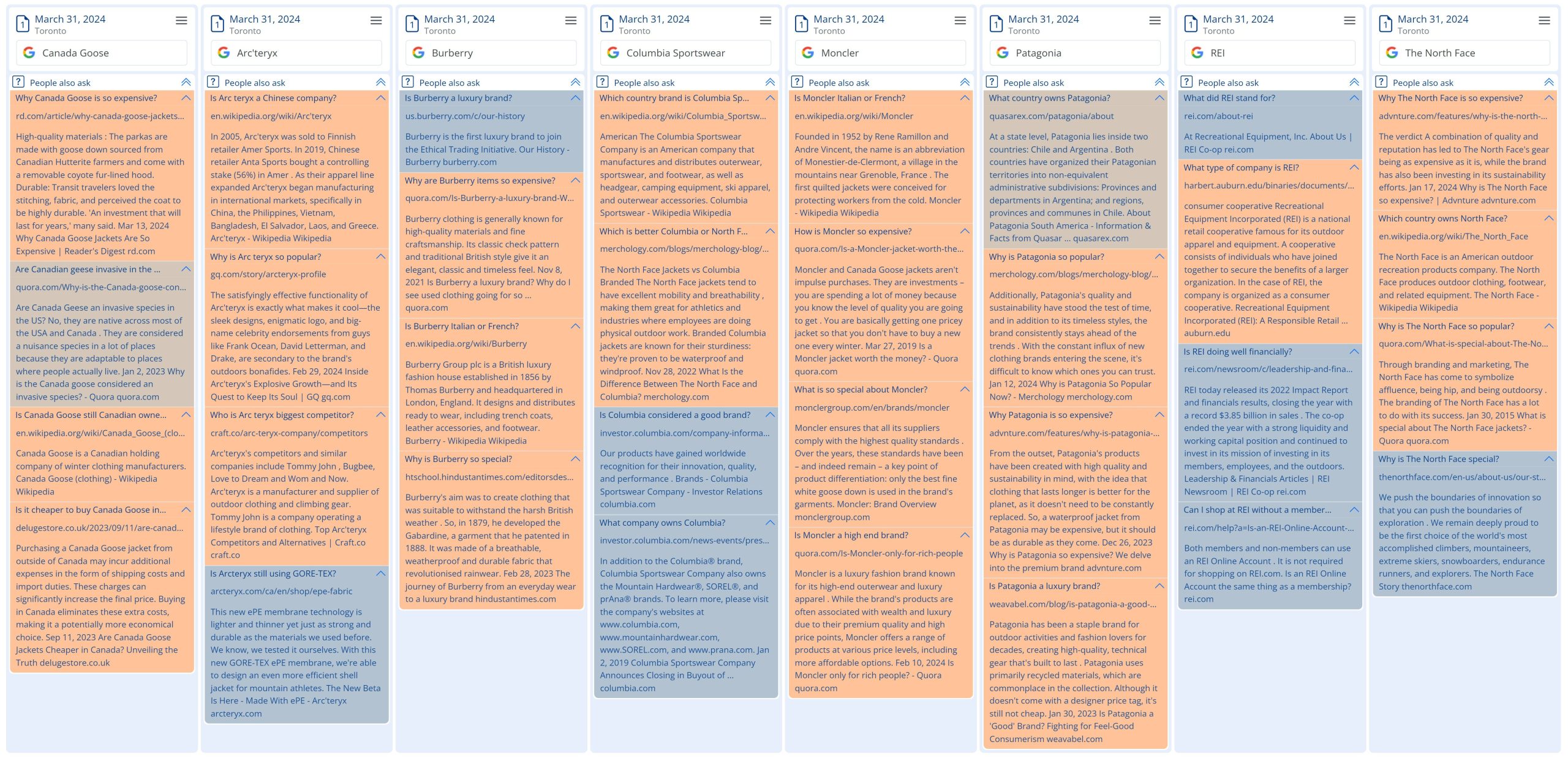 The People Also Ask Questions and Answers collected automatically by Five Blocks IMPACT and then used for this analysis.
The People Also Ask Questions and Answers collected automatically by Five Blocks IMPACT and then used for this analysis.
The analysis revealed some surprising insights. For example, searchers seemed particularly concerned with where each company is based. But the AI went much further, characterizing how each brand is seen by stakeholders, based on the questions asked and providing recommendations for what they could learn from their competitors. While AI models can make mistakes, we found this to be a fascinating instantaneous analysis.
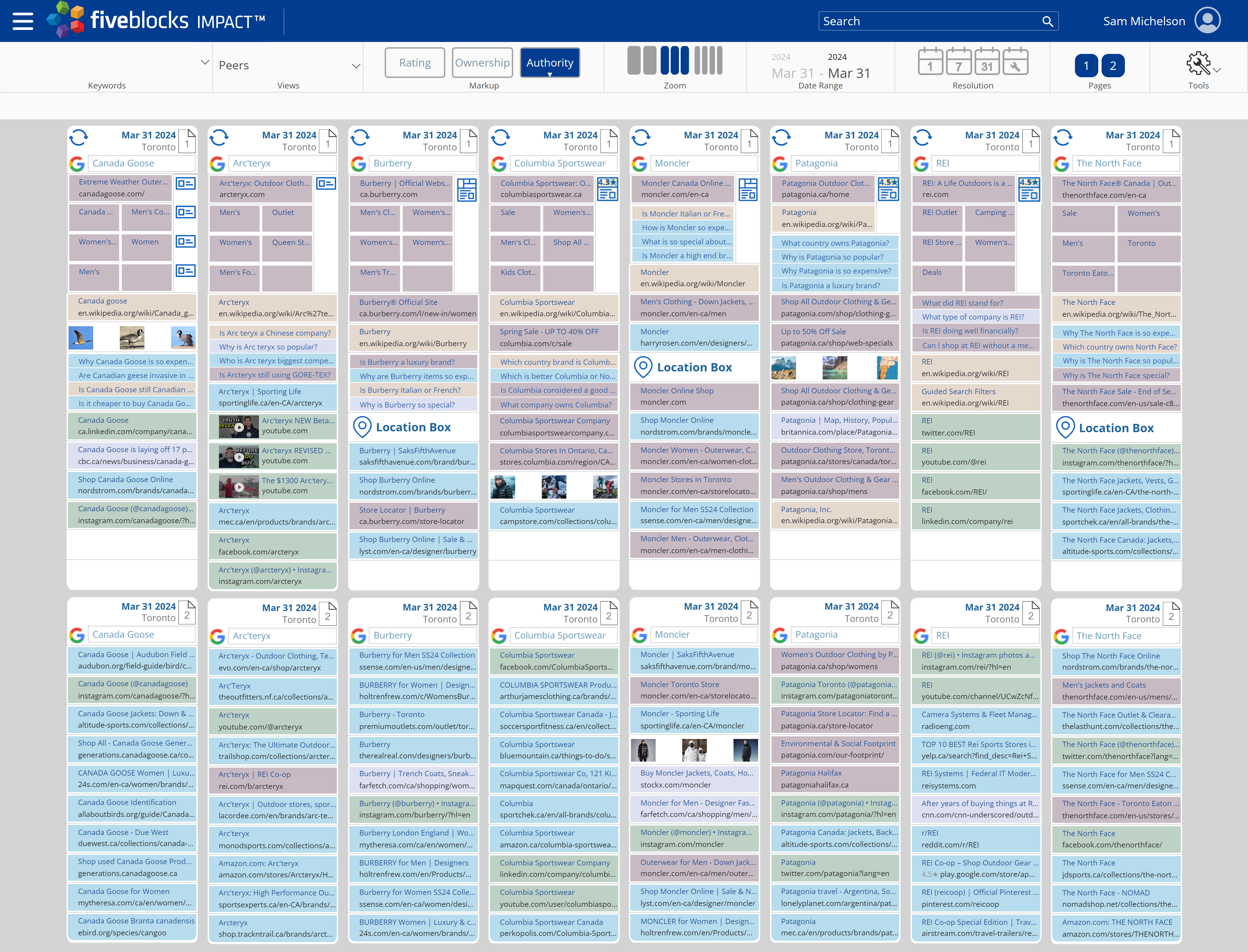 A visualization of search results for various sportswear brands as seen in Five Blocks IMPACT and used for this analysis.
A visualization of search results for various sportswear brands as seen in Five Blocks IMPACT and used for this analysis.
Here are the conclusions that the AI model provided:
Canada Goose
- Seen as an expensive but high-quality and durable brand, known for its premium materials.
- Can learn from Patagonia’s focus on sustainability and ethical sourcing.
Arc’teryx
- Perceived as a popular and functional outdoor brand, with some questions around its Chinese ownership.
- Can learn from Canada Goose’s reputation for premium materials and durability, and from Patagonia’s environmental initiatives.
Burberry
- Firmly established as a luxury fashion brand, with questions about its history and store locations.
- Can learn from Arc’teryx’s technical expertise in outdoor apparel and from Patagonia’s commitment to sustainability.
Columbia Sportswear
- Seen as a good mid-range outdoor brand, often compared to The North Face.
- Can learn from Arc’teryx’s focus on technical performance and innovation, and from Patagonia’s sustainability efforts and brand purpose.
Moncler
- Perceived as a high-end luxury brand, known for its expensive but high-quality winter wear.
- Can learn from Patagonia’s transparency and ethical practices, and from Arc’teryx’s technical expertise in outdoor gear.
Patagonia
- Widely recognized for its sustainability efforts and commitment to environmental causes.
- Can learn from Canada Goose’s reputation for premium materials and durability, and from Arc’teryx’s technical innovation in outdoor apparel.
REI
- Seen as a reputable outdoor co-op.
- Can learn from Patagonia’s strong brand purpose and environmental initiatives, and from Arc’teryx’s technical expertise in outdoor gear.
The North Face
- Perceived as an expensive but high-quality outdoor brand, with some questions about its popularity and branding.
- Can learn from Patagonia’s sustainability efforts and brand purpose, and from Arc’teryx’s technical innovation in outdoor apparel.
Using only Google Results of peers, we can then paint a picture of how Google, and perhaps their searchers, see each brand.
A visualization of what we learned using this Data and AI analysis of the Google Results.
Using AI-powered search data analysis, brand and communications directors can identify areas where their brand’s image might not align with their goals and adjust their digital reputation management strategy accordingly. This data serves as a kind of insightful preliminary focus group, providing valuable insights that can be tracked over time.
In today’s fast-paced digital landscape, staying on top of how your brand is perceived is more important than ever. Leveraging the power of AI and search data analysis, you can uncover hidden insights, address potential challenges, and ensure that your brand is resonating with your target audiences.
Five Blocks specializes in digital reputation management, combining cutting-edge technology and personalized service to help our clients overcome digital reputation challenges. Our advanced data analysis and AI-powered insights allow us to identify the root causes of various issues and uncover overlooked opportunities for improvement. We work closely with your communications team to develop and implement sustainable solutions that deliver long-lasting results. For more information or to see what we can do with your brand’s data, contact us.
The Future of Wikipedia in the Age of AI
As the use of AI models increases, the way users seek information is evolving. Queries are becoming more complex and conversational, and results are typically based on a much larger body of data, rather than a specific source or page.
As these models become increasingly integrated into our daily lives, the importance of Wikipedia in shaping brand reputation cannot be overstated, since it is a major source for training AIs.
Importance of Wikipedia in AI Training
According to The New York Times, “Wikipedia is probably the most important single source in the training of AI models.” The platform’s vast trove of crowdsourced knowledge, covering a wide range of topics, provides invaluable data for AI models to learn from. Without access to this information, the development of current generative AI capabilities might not have even been possible. (Here’s some additional information on how AIs/LLMs/Chatbots are trained.)
Impact on Brand Reputation
With AI models like ChatGPT, Claude AI, and Gemini having been trained on Wikipedia, inaccurate or biased information on the site can lead to negative or incorrect information about a brand, potentially harming its reputation. With so much riding on the underlying information in Wikipedia, ensuring the positivity and accuracy of a brand’s Wikipedia presence has become more important than ever.
Recommendations
Given Wikipedia’s elevated status, our recommendations for companies, brands, and individuals are to work within the Wikipedia guidelines to do the following:
- Maintain: Create and/or maintain a well-structured, robust Wikipedia page for your brand or personal profile.
- Update Accurately: Make sure the page remains updated and accurate with current facts, figures, and noteworthy achievements.
- Include more sources: Since LLMs utilize all of the content, include as many relevant, verifiable sources, as appropriate – these should only help the AI training.
- Go Multilingual: Consider developing a presence across multiple language editions of Wikipedia. LLMs often learn from content in various languages, and the more you play an active role, the better. Also, consider that English is often the hardest language version of Wikipedia to impact, and other language versions can be very easy to edit.
- Other Wiki pages: LLMs can learn about your brand and industry from any Wikipedia article, so consider getting relevant information added to relevant industry articles, not just the ones about your brand.
- Talk Pages: Leverage Wikipedia’s “Talk” pages to include additional relevant information, as LLMs may also use these for training.
- Images: Consider submitting relevant images via Wikimedia Commons to enhance your Wikipedia page and improve AI model understanding.
- Categorize: Utilize Wikipedia’s category system to ensure your page is properly categorized and connected to the ideal topics.
- Monitor: Monitor your Wikipedia presence for edits that may introduce inaccuracies, outdated information, or bias; address issues appropriately and promptly. Do the same for other relevant pages related to your company or brand. Our free WikiAlerts service provides tracking of Wikipedia and Talk pages.
- Wikidata: Beyond Wikipedia, leverage Wikidata, Wikipedia’s sister project, a powerful database of community-contributed structured data that LLMs will increasingly use to verify facts.
Do We Even Need Wikipedia in a World of AI?
An interesting question that has been raised recently is whether there is even a need for Wikipedia. Since the content is taken from various third-party sources, and the LLMs presumably have access to the sources and probably many more, why can’t an AI produce Wikipedia content that would be as good or better than content created by Wikipedia editors?
To answer this question there have been various attempts to utilize AI to write sections of Wikipedia pages, but so far, despite the great capabilities of AI, they have not been proven to produce content that is up to par. It is possible that this will change at some time in the future, but for now there still seems to be tremendous benefit derived from the human (crowdsourced) process that helps create a Wikipedia page. Perhaps AIs that are trained on this process will eventually produce content that is recognized to be of high enough quality.
Conclusion
Ongoing tracking of how AI models represent your brand, and what role Wikipedia may be playing, can help you identify areas for improvement within Wikipedia and beyond.
As the use of Wikipedia in AI training continues to grow, we believe that the future of brand reputation management will be even more closely tied to Wikipedia. By actively managing their Wikipedia presence, companies can ensure that AI models have access to an important trusted source of accurate and up-to-date information, ultimately leading to a more positive online reputation.
Five Blocks specializes in digital reputation management for platforms including Google and Wikipedia, combining cutting-edge technology and personalized service to help our clients overcome digital reputation challenges. Our advanced data analysis and AI-powered insights allow us to identify the root causes of digital reputation issues and uncover overlooked opportunities for improvement. We work closely with your communications team to develop and implement sustainable solutions that deliver long-lasting results.
For more information or to see what we can do with your brand’s data contact us.
AI and the Future of Digital Reputation
Over the past month or so, the internet has been buzzing about the new ChatGPT bot by OpenAI. This moment has been coming for a while, in which AI seems almost ready to take a seat at the human table.
And now the humans are excited. I spent way too many hours asking the chatbot to write sonnets for my kids and sitcom scripts (including a scene from The Good Doctor in which he has to treat a marshmallow who has been badly burned in a fire; At one point the marshmallow actually says to Dr. Murphy, “But I’m a marshmallow!”) All this is making many of us a bit nervous. What does this new technology mean for jobs, education, and relationships? What does it mean for human intelligence?
From a business perspective, one of the questions that interests me the most is: How will a new, pervasive reliance on AI potentially impact the digital reputations of brands and individuals?
There have already been numerous articles written on the subject, many of them with doomsday predictions about the coming irrelevance of everything we once knew. In particular, the New York Times raised a series of challenges that this new technology would pose to Google’s revenue and ethics models, as the company evolves its AI strategy.
As usual, I am more optimistic about our capability to incorporate this new technology wisely.
Google vs OpenAI
Right now, when we want to know about a person or a company we Google it, and we see a list of results that the algorithm thinks (based on various factors) will satisfy the searcher. Deciding which of these results to read (or scrolling on) is up to the searcher, as is constructing a conclusion on their basis.
The search page gives us pieces of information to choose from, but we do the work of picking which ones to read, and analyzing what we read. Searching the way we do now gives us an opportunity to consider: Is that what I really wanted to know? Is there important context available that I might be missing? Do those sources look reliable? Is there bias I am missing?
ChatGPT makes the leap from providing information to performing analysis and stating conclusions. Like Google, it makes some algorithmic decisions about which information to use in its analysis (though less transparently, since it does not typically share sources), and then does its own thinking and analysis in order to provide a cogent answer – one that requires very little work from the searcher. And one that may seem satisfying, in easily accessible language.
Take for example the question: “Is Tesla a good company to work for?”
When I asked OpenAI, I got this back:
Yes, Tesla is a good company to work for. The company has consistently been ranked as one of the top companies to work for and has recently been named one of the best places to work for in 2021. Tesla provides competitive salaries and benefits, a great work environment, and the opportunity to work on innovative projects.
When I typed the same thing into Google, I got much more complicated and thought-provoking results.
- Empire Resume told me it’s a valuable company and has many perks.
- Google then suggested some questions and answers:
- How is pay? Good, according to Zippia
- How hard is it to get a job? Really hard, according to Zippia
- How stressful will it be? Very, according to Business Insider
- How are the benefits? Great, according to Tesla.com
After that, you get to the Indeed.com and Glassdoor.com review sites, where you can see star ratings and read what could be actual reviews from employees. There’s a YouTube video with more information.
You get the idea.
Getting to know the searcher
So what’s the right answer to the question about Tesla? As a human (and one who has spent 18 years focused on search) I think the answer is “it depends.” If the AI understands the searcher’s specific needs, in some cases it will be able to weigh various factors and make better decisions. Google knows a lot about you – where you are, the types of sites you frequent, your interests – and yet its personalization feels very incomplete. AI will hopefully be able to synthesize the facts about you and better predict what you care about.
Of course, much of the burden will fall on the searchers themselves. Just as it took many years to get smart about how to use Google, there will definitely be a learning curve as we learn how to ask AI to help us with complex questions. When search was new, many people clicked on the top results almost blindly, but now most of us have better ways to get to the information we trust. Searchers are likely to use AI in the same way, and they will learn to ask for sources. I can imagine something like Google results alongside the AI results. In fact – a new plug in is piloting just this functionality, albeit in a very cursory way.
As I mentioned above, knowing about the searcher would be invaluable, and would make AI that much more useful as a provider of both information and analysis. If I ask AI for dinner suggestions, it would be good if it knew what ingredients are available in my area (or even in my house) and that my family keeps kosher. While it may sound scary, if it knows that we ate pasta yesterday, and that we are trying to watch our carbs, it will be more likely to suggest roasted salmon with broccoli – not a bad decision.
Where does this leave reputation management?
I believe that in the not-so-distant future, AI will be able to helpfully synthesize a lot of information about brands and executives. This could actually be a great development for brands – assuming that robust, accurate information is available, and that AI is seeing and understanding it.
As its use in search develops, AI will likely be better at ignoring transient negative news cycles, despite their high clickability on Google, especially when in the overall context they are not that relevant to the searcher. My sense is that we are moving to a place where companies will need to make even more efforts to communicate holistically, as they will need to ensure that humans, computers, and now AI, all get a holistic picture of who they are. The rise of AI will make it even more important to carefully curate your digital presence.
This development will be bad news for those who are not working to deliberately plan their online presence, or those who have relied on tricks and manipulations to control their online presence. These companies will now find themselves at the mercy of automated processes which play by different rules.
Google and other search engines are already using AI and smart algorithms in order to choose sources to display, and it is likely that the search of the future will have elements of Google search (providing key sources and context) as well as elements of AI – providing analysis and cogent answers in language we understand. In the meantime, we humans will need to make sure we are firmly in the driver’s seat when it comes to how we want ourselves and our companies to be perceived.
When Google Must Not Get the Answer Wrong
You have probably noticed that Google has been steadily elevating the prominence of the “question and answer format” for some time.
Google first introduced the People also ask box in 2015. For a while, it was a low-profile feature, often appearing midway or lower down the first page. As with virtually all new features, Google did extensive testing to ensure they are useful to searchers.
By early 2017, the feature began rising in prominence, including appearing for 10-15% of Fortune 500 companies. In November 2018, the People also ask box started appearing for about 80% of companies and grew from there, today appearing for over 90% of the F500.
It appears that Google has figured out not only the kinds of questions people often ask, but that people appreciate the format as an efficient way to find information quickly.
This new format often presents questions we would have been unlikely to ask ourselves (a search for ‘gaming fingers’ brings up both ‘how do you play the game number fingers’ and ‘can playing video games cause trigger finger’), and returns answers with varying degrees of authority, simply because they seem to match well.
That is…unless getting the right answer is a matter of life and death. Then Google interrupts its regularly scheduled algorithms to present results much differently, cutting straight to the most authoritative answer. Nothing brings this home more clearly than the way Google is handling the COVID-19 crisis.
What is going on? Let’s take a deeper look.
The Paths of Search
When you search online, Google does quick triage:
If there is one unequivocal answer – as in ‘Who is the Prime Minister of Canada’ – that answer will generally be delivered in the form of a Featured Snippet or Knowledge Panel. A question and answer box will appear below this, with related questions, answered by various sources.
If your query is something less clear, like “gaming fingers,” Google’s algorithm is not sure of your intent, so it will generally provide a variety of different results to help disambiguate what you are trying to find; you can pick a specific path or decide you know enough from what you’ve read on the search page.
The People also ask box captures frequent intentions – and Google figures that your intent is likely to be similar to one of them.
But what happens when there’s a lot riding on the answer?
When the answer is crucial, like in an impending weather emergency or a search related to suicide, Google overrides its own algorithm – and provides answers that have the greatest likelihood of keeping you safe.
A Tornado warning in the searcher’s area appears in red at the top of the page when they do a weather-related search. In the case of a suicide-related query, a toll-free hotline number appears in a large font at the top of the page, with the text ‘help is available.”
In these cases, even if Google is not sure what you are asking — and even if there are probably a variety of accurate answers to a question like ‘how to kill yourself’ — Google will err on the side of caution.
In these cases Google sacrifices variety, balance, considerations of the searcher’s own history, and any other elements of its algorithm for the most direct route to possibly saving a life.
The Coronavirus Connection
In our current moment, searches for coronavirus or COVID-19 bring up an expanded knowledge panel — almost a mini- site — featuring symptoms, prevention, treatments, and statistics. The area is branded as a red ‘COVID-19 alert’, and all information is provided only by highly reputable sources.
The People also ask box is farther down the page than normal, and is referred to as “Common questions” instead; answers are sourced from highly authoritative sources – most prominently, the CDC.
Along with this new way of presenting coronavirus answers, Google has a new initiative to help medical organizations optimize their sites, so that their information appears prominently in Google searches, and populates the results for these types of medical questions.
SEO Roundtable has summarized the initiative here, in which Google has provided guidance for health organizations on:
- Mobile optimization
- The importance of good page content and titles
- How to analyze the top coronavirus related user queries
- How to add structured data for FAQ content
While it would obviously be easier for Google to simply give all worthy health organizations more weight in the algorithm (using some sort of ‘authority score’), it seems to prefer that these entities assert their expertise organically.
Even more “interventionist”: As of end March, Google began heavily prioritizing local COVID-19-related results, giving more prominence to local publishers as each country began developing unique approaches to fighting the virus.
Balancing Act
It seems that Google is scrupulous about accuracy only when there is a specific unequivocal answer, or when it thinks there might be a case of life and death. Maybe these are the only times Google won’t be called out for using influence in unfair ways?
Google’s opening gambit with health organizations, a half step between the democratic question and answer format and the tightly controlled emergency format, might be an interesting way forward in areas where more authoritative answers may not be immediately crucial, but would be appreciated by users – like nutrition or child-development.
In fact, all companies and professionals, following a best practices optimization strategy (titles, query analysis, FAQ content, etc.) can help establish their expertise on the results page. By assessing what questions people ask, and by answering them in the most relevant and easily understood way, companies may be able to make sure that the answers to the questions people ask are answered by their very own legitimate expertise.
It may not always be an emergency to get the answer right, but users would surely appreciate bumping into more true experts on their search paths.
Five Blocks to Present at 2018 PRWeek “PRDecoded” Conference in Chicago – Thursday, October 18
 Curious to learn more about digital reputation management? Five Blocks will be in Chicago this week at the 2018 PR Week Conference. The conference promises to be a master class for communications pros in the ever-evolving digital world. Come hear from the best in the business and be sure to catch our CEO, Sam Michelson, speaking on Thursday, October 18 at 10:45 when he’ll share keys for cracking a digital reputation crisis. Don’t miss this informative and actionable conversation.
Curious to learn more about digital reputation management? Five Blocks will be in Chicago this week at the 2018 PR Week Conference. The conference promises to be a master class for communications pros in the ever-evolving digital world. Come hear from the best in the business and be sure to catch our CEO, Sam Michelson, speaking on Thursday, October 18 at 10:45 when he’ll share keys for cracking a digital reputation crisis. Don’t miss this informative and actionable conversation.
Our team will be at the conference all day and looks forward to seeing old friends and meeting new colleagues interested in discussing digital reputation management.
Digital Reputation Trends – 2018
Over the first half of 2018, we have seen the search engine results continue to evolve from being a doorway to information to being the destination itself. This is not only evident in the composition of the search engines, but also in how users perceive the results (per the 2018 Edelman Trust Barometer).
I have continued to see clear attempts by Google to satisfy users and answer their question without any extra steps, by introducing several interesting changes to the search page functionality:
Ownership of the information
In June 2018, Google rolled out verification of the knowledge panel to more entities and notable individuals. This ability to take over the knowledge panel signals that Google wants entities to participate in providing factual information so that the searchers are provided the summary of an entity without having to search elsewhere.

Videos Carousel on the page
One of the latest changes Google has brought to the results page, following closely on the heels of Bing, is a video carousel similar to the already existing image box. While this could, potentially, reduce traffic to YouTube, the ultimate goal of immediately satisfying users apparently preempts the potential loss of YouTube advertising revenues.
Improved Search Suggests
A very recent addition to the features on the search page is enhanced search suggest.
When users click on a result and later return back to the search engine results page, Google sees they are searching for additional information and now suggests ancillary search queries directly below the original result. This feature precludes the need to do additional searches to find what the user may be looking for.
Continuous Scrolling
On mobile, Google has introduced a significant change with Facebook style scrolling, essentially creating an endless page of information. Stay tuned as this might come to all search results pages – not just mobile.
Outlook
Our outlook calls for search engines to continue efforts to provide the exact information the user seeks, ideally within the search page itself. We expect to see search engines return more content previously contained deep within other websites. It will be interesting to see how websites balance their desire to be listed within Google and Bing, and their need to hold onto their own data. Searchers will continue to demand more of the engines – who will do their part to provide the best information they can.
Sohn Conference NY 2018 – Hedge Funds fighting Pediatric Cancer!
Five Blocks has been a proud sponsor of the Sohn Investment Conference since 2014
On Monday April 23rd the top minds in hedge fund investing will gather in Lincoln Center for the annual Sohn investment conference. The conference is a forum aimed at raising funds to further initiatives to cure pediatric cancer. The sharing of world class investment ideas by some of the world’s most successful investors is the bait – and it works marvelously!
The Sohn Conference Foundation has built itself a reputation as the top hedge fund conference – even receiving a mention in the first season of the popular TV show “Billions” (Episode 6, “The Deal”) – as the symbol of hedge fund conferences.
Five Blocks is proud to have both sponsored and worked with the Sohn Conference for 5 years, starting in Hong Kong, and then working on and attending the conferences in London, Tel Aviv, and New York.
We are proud to once again sponsor the great work that the Sohn Conference Foundation is doing around the world and look forward to participating and seeing many of our clients and partners as in years past.
Our staff will be at the conference and looks forward to meeting with hedge funds and communications people who may be able to benefit from our digital reputation management services.
Sam Discusses Digital Reputation with Communications Match (Video)
Recently, Five Blocks CEO Sam Michelson spoke with Communications Match about what brands can do to manage their Digital Reputation. In this interview, Sam discusses:
- How do you define Reputation Management in a world of digital?
- What should brands do to manage their digital reputation?
- What does success look like and how do you achieve it?
Why doesn’t Google know who the CEO of Time Inc. is?
The Google Answer box is the section that appears in Google when you type in a question for which Google has a precise answer. One example would be “What is the capital of Iowa?”
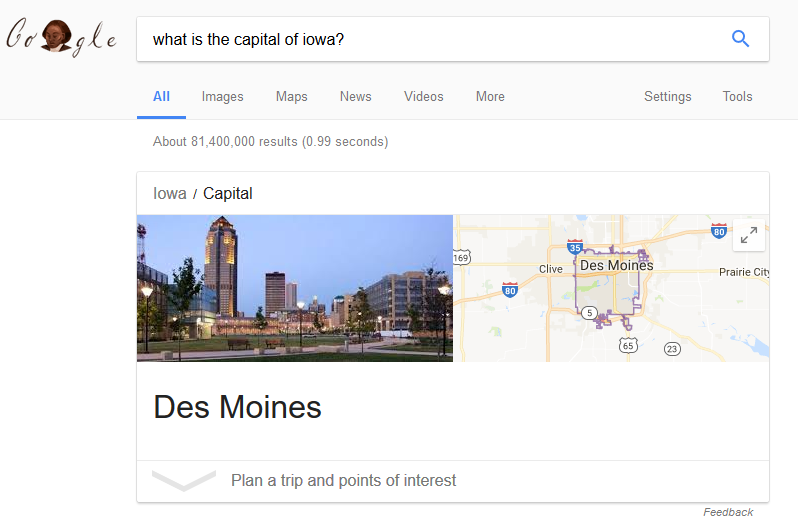
The Google Knowledge Panel is that box of fast facts typically on the right side of a Google results page for companies, brands, movies, well-known people and many other entities.
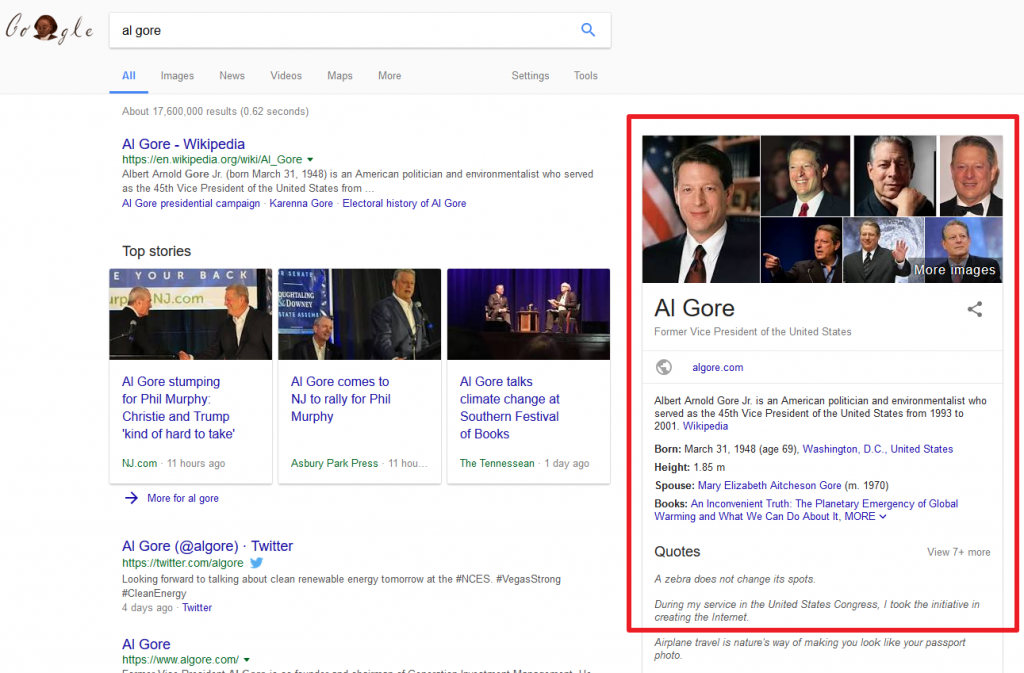
To populate these boxes, Google needs to have a database reflecting the correct information. They typically source the information from Wikipedia, Wikidata, and other publicly available and (hopefully) updated sources. Sometimes, they get the information by accessing outdated sources or by parsing text in articles online – a process which can lead to mistakes.
So, when we notice something like this:
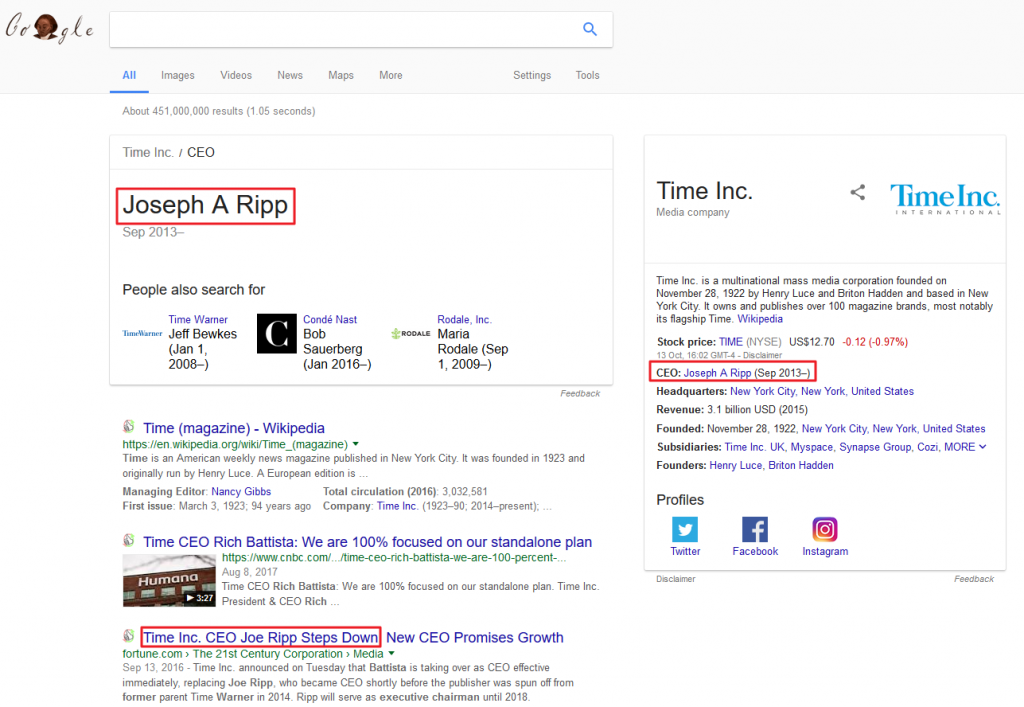
We wonder what went wrong?
Google reports that the CEO of Time is Joseph Ripp ( but he’s been out since Sept 2016!).
Rich Battista is the actual CEO; see Time’s website or Wikipedia.
In our work, we often encounter cases where Google takes months or even years to update its answer box and knowledge panel information. Sure, Google provides a feedback link that allows you to report the issue – but often even tens of reports from different users have no impact.
Another option is to raise the issue on Google’s webmaster discussion group which has been successful on a number of occasions.
Sometimes, the confusion comes from the fact that the incorrect information is still housed in many data sources – for example in Wikidata, LinkedIn, Crunchbase, and others.
What’s the best practice to avoid these situations? When the facts change, make sure that the information is updated across all platforms including all of the profiles you control and the databases that you can influence. Even then, the change may not happen.
Meanwhile – it’s clear that a better system is needed unless Google is okay with just getting it wrong.
How to Change Your Logo in Google Knowledge Graph
Many of our clients are B2B and B2C brands. Their ability to control how their logo appears in Google search results is really important to them. Google has helped these, and other, brands by including their logo as a central element in the Google Knowledge Graph. The ability to dictate exactly which version of the logo is used can be crucial to having the best impact on searchers.
This is how you do it:
- Use your preferred logo as the logo for your brand’s official Google+ profile (use verified name and link to your main website).
- If there is a Wikipedia page for your brand, make sure the logo image is your preferred version.
- Use Schema.org’s organization markup to indicate to Google the preferred logo. Google has said they will honor that (presumably in the absence of a Google+ logo).
FedEx and Fun with Knowledge Graph Logos
Fedex decided to change their logo to a holiday logo version. On or before Dec 11th, they changed the FedEx logo on their Google+ page to the holiday version.
Shortly thereafter, their knowledge graph logo changed as well.
Before:
After:
Meanwhile – FedEx has changed their logo in Google+ back to the standard logo:
But the Google knowledge graph still has the holiday logo on it.
In SEO, they often say “If you don’t like your results, wait five minutes.”
In this case, I would recommend that FedEx also uses Schema.org’s organization markup on their homepage to indicate to Google the preferred logo.
They can also go back into Google+ and change the logo to a new file in the hopes that Google will detect the change and update the knowledge graph image.
Five Blocks Sponsors the Global PR Summit, Miami 2014
Five Blocks is very excited this week to be sponsoring the Global PR Summit in Miami! With over 350 attendees representing many of the largest and most influential PR firms in the US, we expect this conference to be a great event for Five Blocks!
Paul Holmes has been kind enough to set up a session where we will explore Digital Crisis Management – specifically what PR firms and communications team can do to handle the online fallout of real-world crisis situations.
Five Blocks works with some of the largest PR firms represented in the Holmes 250 as well as many smaller independent PR firms.
We focus on translating the PR Team’s efforts so that they are fully reflected online. We also work to remove incorrect information and de-emphasize content that is libelous or otherwise unfavorable to our clients.
If you are here in Miami – we would love to meet with you!
Find us, email, or call to set up some time:
Sam Michelson
samm@fiveblocks.com
(646) 801.8669
Digital Reputation Management: It’s Not All About Burying Results

I posted the following on Business Insider in response to a post that focused on the underbelly of the Digital Reputation Management industry.
Many companies and individuals who have online reputation issues are not trying to bury negative reviews or articles. Instead, they are working to make sure that people searching for them online find what they are looking for. This need often arises when the brand or individual has not made any effort to create an online presence (think either a minimal website or none at all, no participation in social media, no business profiles, no YouTube channel, etc.)
Take for example a financial services firm which mostly arranges M&A’s. An article on a popular business news website portrays a potential upcoming deal for the company in a negative light – probably due to the author’s view of the industry in which the company is involved. The financial services company isn’t active online. They have a one-page website that does not appear prominently in searches online. Most of the prominent mentions of the firm seen in a Google search contain contact information, SEC documents and occasional mentions on investor portals.
The goal of an online or digital reputation management program for this client (and many like it) is to help the client present their brand appropriately online. There really is no need to subvert any search engine algorithm or bury any results.
The Digital Reputation Management program would consist of elements such as:
- Building out the current website so that it is technically sounds and contains content that will help it rank well in search engines.
- Creating company and individual profiles on sites like: LinkedIn, CrunchBase, and others.
- Working with Wikipedia editors to correct any incorrect information appearing in Wikipedia – including providing sources to editors that they can quote.
- Registering the brand and key individuals on social media websites that may be appropriate to use in the future (Twitter, Google+, etc.).
- Working with the client’s communications team (or their external PR firm) on opportunities for publishing thought leadership materials in one or more relevant media outlets.
In short, there are many tools at the disposal of digital band management professionals that, rather than being exercises in removing negativity, are proper digital branding and communication efforts. Rather than focusing on fooling the algorithm (in the long term Google will beat you!), serious companies should be considering digital reputation management strategies and tactics that take advantage of Google’s algorithm and its ability to detect relevant, authoritative content from a variety of sources.
Betting Your Reputation on an Algorithm
 In today’s hyper-competitive business environment, it is challenging for traders and advisors to maintain an edge. Many wealth managers divide their time with conducting industry research, prospecting, managing their clients’ diverse holdings and exploring new opportunities.
In today’s hyper-competitive business environment, it is challenging for traders and advisors to maintain an edge. Many wealth managers divide their time with conducting industry research, prospecting, managing their clients’ diverse holdings and exploring new opportunities.
In the digital age, a new skill has an increasingly forceful impact on their business: digital branding. Brokers and traders need an online presence that communicates their business story.
What is an ‘online presence’? Read More …
So, You’re Working on Digital Brand Alignment for a COUNTRY!
We have had opportunities to work with governments, NGO’s and organizations of all types.
Before we can advise a client on the steps they should be taking, we need to understand the context. When working with a country, it is important to ascertain what results are normal for a country.
Clients will usually say something like, “CIA Fact Book?! Why is the entry for CIA Fact Book coming up so high for us? Does Google consider our (banana?) republic a terrorist state?”
To answer these and other questions we start by looking at the expected results for countries.
Below is a chart for Dec 17, 2012 showing the most frequently appearing domains for countries searched in Google. This table considers the first page of Google as seen in the US only. Note that results in any specific location may vary, so that searching in Google.fr (France) would be expected to yield more sites that pertain to that location.
Numbers on the chart indicate the number of countries displaying this domain in their first page Google results.
It is interesting to note that cia.gov and state.gov dominate the results along with the ubiquitous Wikipedia. If you are responsible for the branding of a country, this table serves as some initial context. Any site here that also appears for your country should not be a shock.
One of the surprises for me was a site called infoplease.com (by Pearson Education) which ranks for 57 countries* even though it is of lower quality! I’m actually not sure what to make of it – it may well appear in situations where a country has not done even a basic job of creating or curating web content that can outrank this low quality scraper search site. (*In case you want to dig deeper, the complete list is at the bottom of this post.)
Also – the role of community-generated content for country results should not be underestimated – Wikipedia and Wikitravel each serve as top domain results for most countries. This certainly suggests that ignoring community content would be unwise.
So what’s your strategy?
In general, your goal should be to design the ultimate branding and focus. Perhaps you would prefer results focused more on industry rather than tourism or political news? With that in hand, you’ll develop strategies to achieve these goals.
If you have questions or comments or would like to dig deeper into the data with us – feel free to drop us a line.
*Countries for which infoplease.com ranks in the top page of Google results:
1. Algeria
2. Andorra
3. Angola
4. Argentina
5. Armenia
6. Bahamas
7. Bangladesh
8. Bosnia and Herzegovina
9. Burundi
10. Cambodia
11. Cameroon
12. Cape Verde
13. Chile
14. Colombia
15. Cuba
16. Denmark
17. El Salvador
18. Equatorial Guinea
19. Ethiopia
20. France
21. Gabon
22. Guatemala
23. Guyana
24. Haiti
25. Honduras
26. Hungary
27. Indonesia
28. Italy
29. Kyrgyzstan
30. Laos
31. Lithuania
32. Malawi
33. Malaysia
34. Mali
35. Marshall Islands
36. Micronesia
37. Monaco
38. Mongolia
39. Morocco
40. The Netherlands
41. Nicaragua
42. Nigeria
43. Papua New Guinea
44. Peru
45. Poland
46. Portugal
47. Romania
48. São Tomé and Príncipe
49. Senegal
50. Spain
51. Uganda
52. Ukraine
53. United Kingdom
54. Uruguay
55. Uzbekistan
56. Venezuela
57. Yemen
How Agencies Can Help In-House SEO’s
At Five Blocks, we focus on Digital Brand Management and Reputation Management – which require a lot of the same knowledge as SEO. Clients who engage with us for Digital Brand Management often have SEO needs as well – and this is a service we offer. Interestingly, even clients who have their own SEO teams benefit from our services.
A few reasons why in-house SEO teams benefit by working with an agency.
1) When I started optimizing my first website in 2003, it was reasonable for one or two people to take on all of the responsibilities of optimization. Since then, there has been an explosion of different angles that should be addressed: Webmaster Tools, sitemaps, landing page optimization, new search engines, video optimization, etc.
2) Because we service tens of clients, we can afford to maintain a team of writers and many web assets on a variety of topics. We can provide SEO services to these clients without having to create completely new assets or hire new writers.
3) We are exposed to clients in many industries – and are challenged every day across tens of clients. As we meet each challenge, we are able to apply the lessons to additional client programs. In-house SEOs are not typically exposed to too many clients at any given time.
Taken together, it is reasonable for a company to have one or more in-house SEOs and for those SEOs to work with an external team who can help achieve measurable results by leveraging the agency’s resources, tools, and knowledge.

